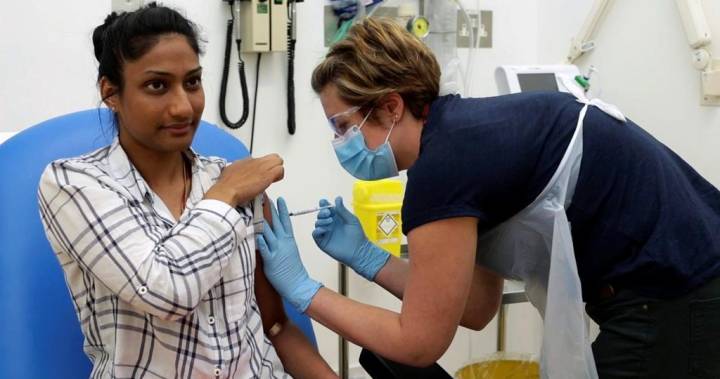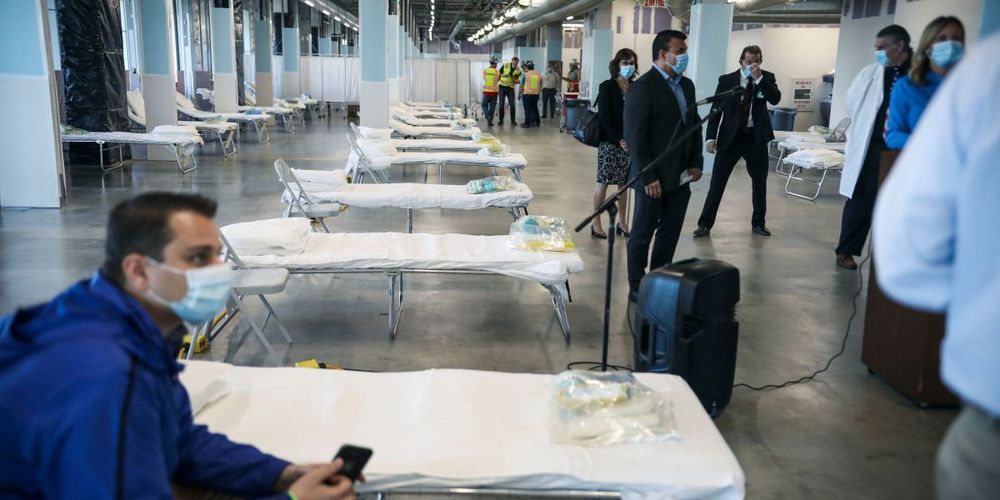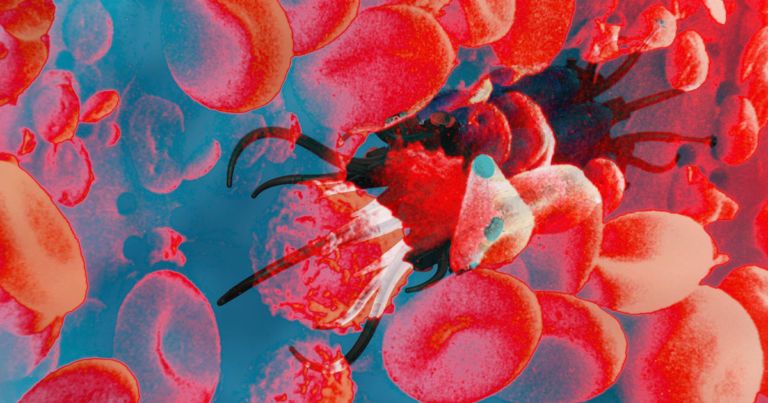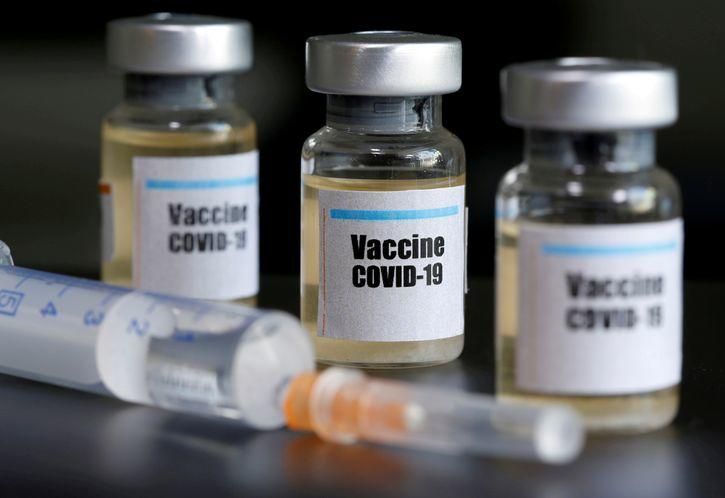Geopolitical rivalries, as well as practical considerations, are emerging as real hurdles in the race for a COVID treatment.



Last month, scientists at Oxford University began immunizing more than 1,000 volunteers with their vaccine candidate in a preliminary trial designed to test the shot’s safety. On Friday, the scientists announced they now aim to vaccinate 10,260 people across Britain, including older people and children.
“The clinical studies are progressing very well and we are now initiating studies to evaluate how well the vaccine induces immune responses in older adults and to test whether it can provide protection in the wider population,” said Andrew Pollard, head of the Oxford Vaccine Group.
British researchers testing an experimental vaccine against the new coronavirus are moving into advanced studies and aim to immunize more than 10,000 people to determine if the shot works.
Last month, scientists at Oxford University began vaccinating more than 1,000 volunteers in a preliminary study designed to test the shot’s safety. Those results aren’t in yet but on Friday, the scientists announced they’re expanding to 10,260 people across Britain, including older people and children.
If all goes smoothly, “it’s possible as early as the autumn or toward the end of the year, you could have results that allowed use of the vaccine on a wider scale,” predicted Andrew Pollard, head of the Oxford Vaccine Group.


“I do believe there’s great potential to bring in artificial intelligence to provide early warning of future problems” such as disease outbreaks, Air Force Lt. Gen. John N.T. “Jack” Shanahan, director of the Pentagon’s Joint Artificial Intelligence Center, said in an interview.
Artificial intelligence could spot and track earlier outbreaks of disease around the world, the Pentagon’s AI chief says as he retires from service.

In order to find and treat cancerous tumors, a team of scientists is working on an aggressive new approach that involves a swarm of tiny, cancer-killing robots.
The idea is to inject the nanobots, which are engineered to look and travel like white blood cells, into a patient’s veins and move them around inside the body with powerful magnets.
“Our vision was to create the next-generation vehicle for minimally invasive targeted drug delivery that can reach even deeper tissues inside the body with even more difficult access routes than what was previously possible,” Metin Sitti, Director of Physical Intelligence at the Max Planck Society, said in a press release.

BENGALURU/LONDON (Reuters) — The United States has secured almost a third of the first 1 billion doses planned for AstraZeneca’s experimental COVID-19 vaccine by pledging up to $1.2 billion, as world powers scramble for medicines to get their economies back to work.
While not yet proven to be effective against the coronavirus, vaccines are seen by world leaders as the only real way to restart their stalled economies, and even to get an edge over global competitors.

Humans are living longer than ever before. But alongside these increases in life expectancy are an increase in the occurrence of age-related diseases such as cancer and dementia.
But understanding the biology of ageing, and knowing the genes and proteins involved in these processes, will help us increase our “healthspan”—the period that people can live in a healthy and productive state, without age-related diseases.
In a recent study, our team identified a novel anti-ageing protein, called Gaf1. We found that Gaf1 controls protein metabolism, a process that has been implicated in ageing and disease. We also found that without Gaf1, cells have a shorter lifespan.


A study published in Current Biology reports on one of the first comprehensive characterizations of poorly formed memories, and may offer a framework to explore different therapeutic approaches to fear, memory and anxiety disorders. It may also have implications for accuracy of some witness testimony.
Senior author Professor Bryce Vissel, from the UTS Centre for Neuroscience & Regenerative Medicine, said his team used novel behavioral, molecular and computational techniques to investigate memories that have not been well-formed, and how the brain deals with them. “For memories to be useful, they have to have been well-formed during an event—that is, they have to accurately reflect what actually happened.
”However, in the real world many memories are likely to be inaccurate—especially in situations where the experience was brief, sudden or highly emotional, as can often occur during trauma. Inaccurate memories can also occur when the memory is poorly encoded, potentially as a result of subtle differences in how each person processes memory or because of disease like Alzheimer’s or dementia.”

The feds have ordered 300 million doses of a potential coronavirus vaccine from British drugmaker AstraZeneca, officials said Thursday.
The company will get up to $1.2 billion from the US Department of Health and Human Services to speed the development and production of the vaccine with the goal of delivering the first doses as early as October, according to officials.
The deal between AstraZeneca and HHS’s Biomedical Advanced Research and Development Authority includes clinical studies that will start this summer with about 30,000 US volunteers, officials said.